As their time with the DRC draws to a close, the 2020-2021 DRC Fellows offer reflections on their experiences, what they’ve learned, and where they go from here. This past year has continued to highlight challenges for justice, safety, teaching, researching, and living in the world, yet it has also provided opportunities for digital rhetoric to explore solutions and larger conversations around these challenges. Our blog carnivals explored how teachers and scholars have been navigating the COVID-19 pandemic. This year’s podcast series offered insights, challenges, and celebrations around Black sound. We also saw the beginnings of a new crowd-sourced syllabus repository for courses at various intersections of digital rhetoric. We are grateful to our 2020-2021 Fellows for their presence and hard work throughout this year.
Jianfen Chen
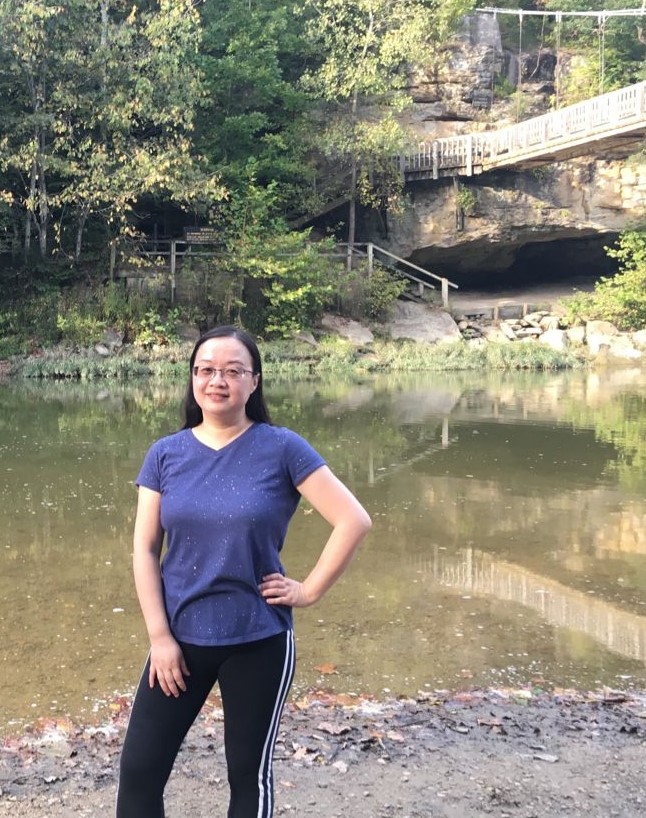 One of the best decisions I made in the past pandemic year was to join DRC and meet fabulous people in this great team. I was so grateful to have this invaluable opportunity to work on two digital rhetoric projects with my cohort.
One of the best decisions I made in the past pandemic year was to join DRC and meet fabulous people in this great team. I was so grateful to have this invaluable opportunity to work on two digital rhetoric projects with my cohort.
In response to the disorders and challenges posed by the pandemic, my cohort Danielle and I developed the Blog Carnival 18 themed on the Role of Empathy in and after the Pandemic. We were thrilled and thankful to see many insightful responses from rhetoric scholars and instructors in our field. Reading and editing these blogs and communicating with our contributors have enlightened our minds and allowed us to see how to show empathy for self and for others in our teaching, researching, community, and other broader settings in the pandemic time.
To help address the challenge of developing syllabi for digital rhetoric courses, Nupoor, Sarah, and I worked on the Syllabus Repository Project. Though we were challenged in many ways when working on this brand-new project for DRC, I personally benefited so much from it. We were passionate about the project out of the very initial motivation to support and help graduate students and new faculty teaching digital rhetoric courses like us. Then, step-by-step, we grew with the project thanks to the collective wisdom of design, communication, project management, documentation, and more.
In addition to these two projects, I wrote a blog reflecting upon the effective conferencing strategy I adopted when teaching first year writing in the pandemic year. I like how DRC as a digital community helps scholars share our reflections and thoughts on teaching, researching, and service in flexible ways. I am looking forward to seeing more graduate fellows enjoy working and growing with DRC.
D’Arcee Neal
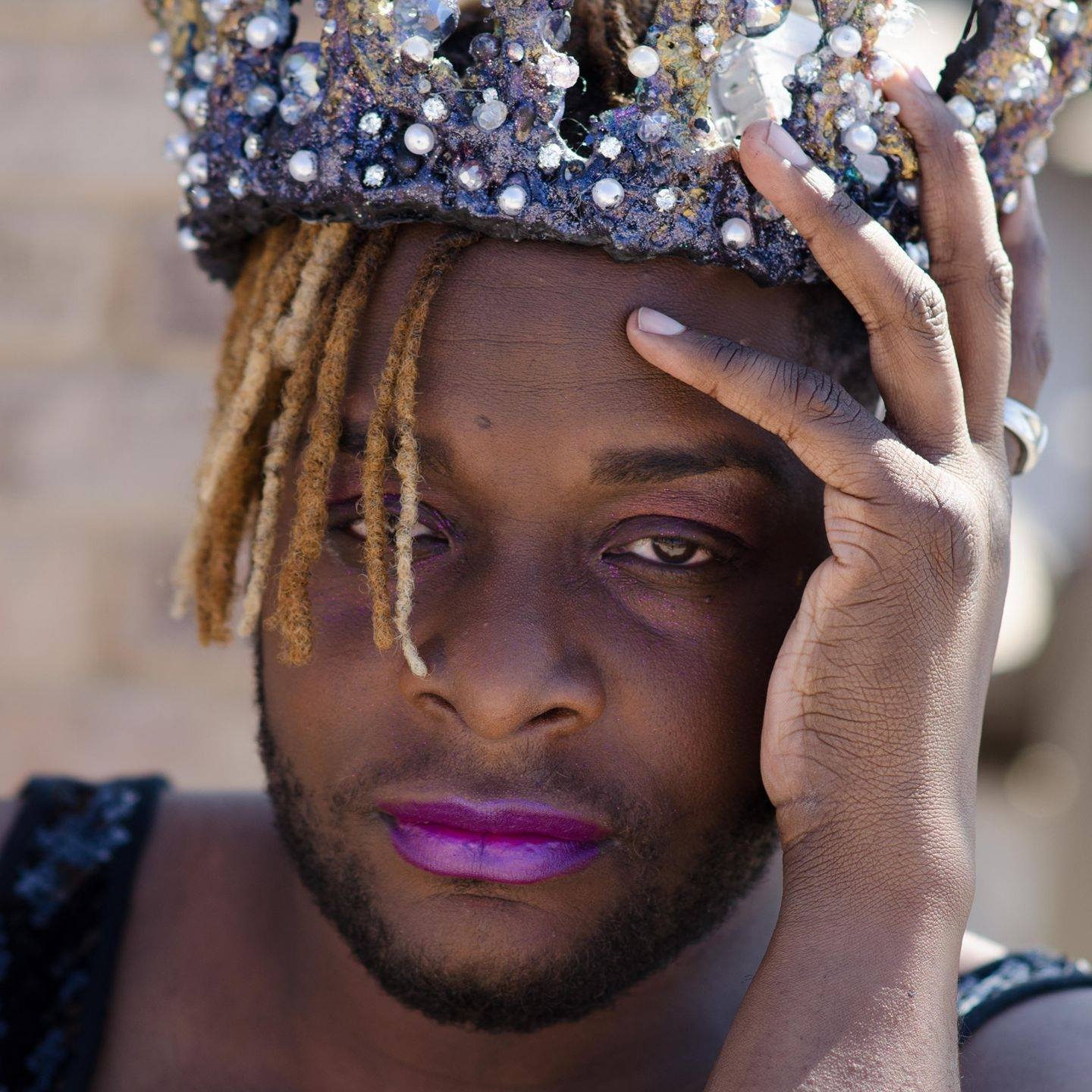 Becoming involved with the DRC this past year was really helpful and a wonderful way to focus my work and research during the pandemic. Working with Kimberly Williams who is another DRC member, was wonderful and we learned a lot about each other as we developed our audio podcast project, The Sonic Renaissance focusing on various social and cultural issues surrounding black sound. In the beginning, we had intended for the project to just be a light hearted kind of side issue that just talked about rhetorical themes that we thought were interesting, but during the production and filming as the Derek Chauvin trial and federal Juneteenth announcements were happening it just kept shaping the work that we were producing and I’m glad. It was wonderful to have an outlet to really filter our research and creative time into because it allowed us to really interview and put together topics that we thought were impactful and relevant in a way that we were happy to showcase.
Becoming involved with the DRC this past year was really helpful and a wonderful way to focus my work and research during the pandemic. Working with Kimberly Williams who is another DRC member, was wonderful and we learned a lot about each other as we developed our audio podcast project, The Sonic Renaissance focusing on various social and cultural issues surrounding black sound. In the beginning, we had intended for the project to just be a light hearted kind of side issue that just talked about rhetorical themes that we thought were interesting, but during the production and filming as the Derek Chauvin trial and federal Juneteenth announcements were happening it just kept shaping the work that we were producing and I’m glad. It was wonderful to have an outlet to really filter our research and creative time into because it allowed us to really interview and put together topics that we thought were impactful and relevant in a way that we were happy to showcase.
Moving forward, I’m looking forward to applying all of the skills that I had time to develop over the past year. I got into the more technical side of audio production, working on editing and narrative structure as I learned how to blend and clean audio in an attempt to make authentically natural conversation; as a result that will be a great help as I get started on my dissertation this fall and working to put the two together. Through this institute, I got the opportunity to try my hand out on some creative digital projects that I’d always been interested in, and now I have a much better handle on the way that will work for my personal research moving forward, which I think was the best part.
Sarah Hughes
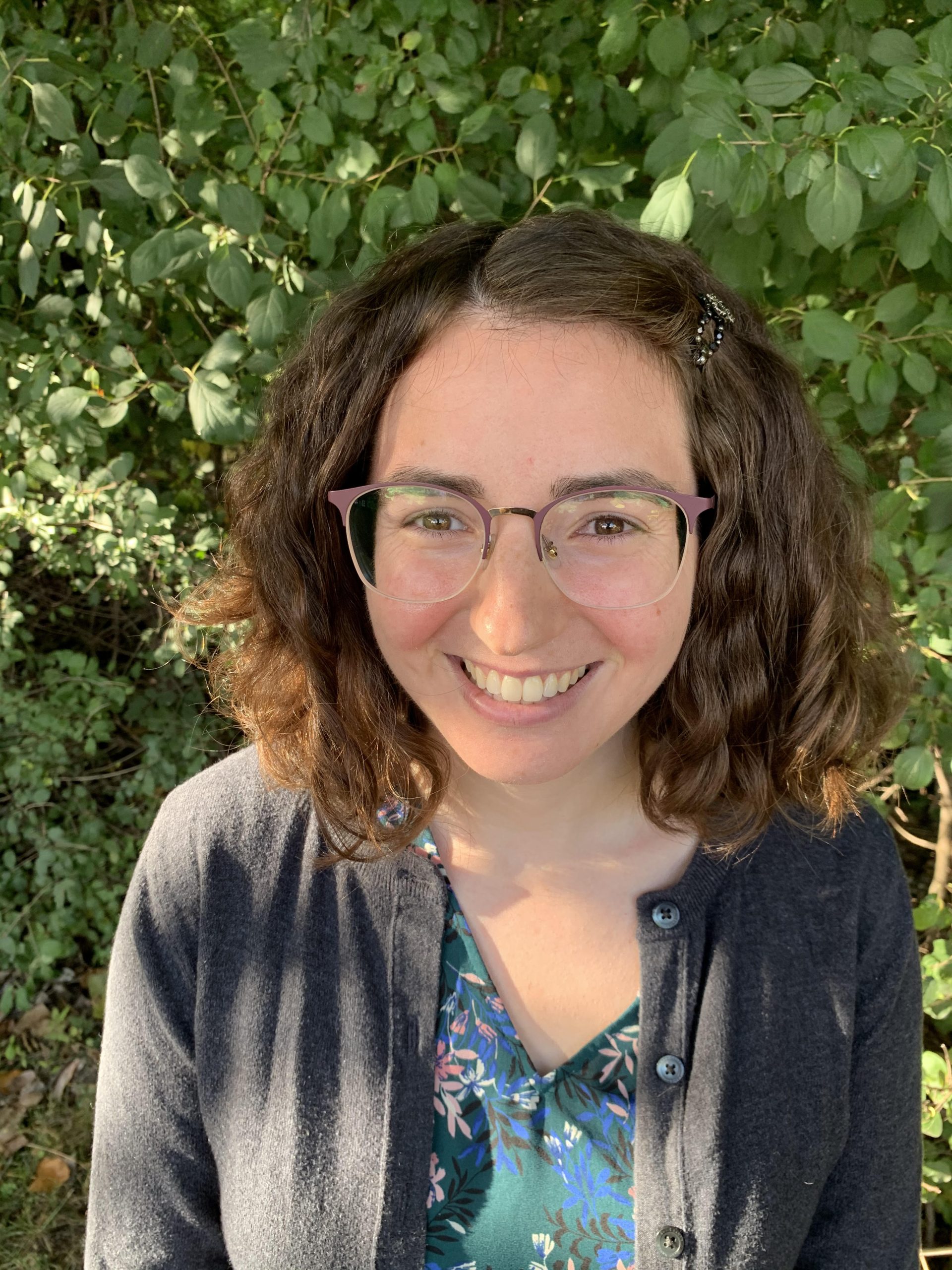 During this strange and turbulent year, I am so grateful for the creative and kind community I found in the DRC Fellowship. Much gratitude to Jathan, Naomi, Anne, Simone, and my cohort for their energy and thoughtfulness cultivating this collaborative and supportive space to learn with and contribute to the computers and writing community.
During this strange and turbulent year, I am so grateful for the creative and kind community I found in the DRC Fellowship. Much gratitude to Jathan, Naomi, Anne, Simone, and my cohort for their energy and thoughtfulness cultivating this collaborative and supportive space to learn with and contribute to the computers and writing community.
As a DRC Fellow, I worked with Nupoor Ranade and Jianfen Chen to create the DRC Syllabus Repository, a project I was drawn to because of my own experiences crafting Digital Rhetorics syllabi as a graduate student. Our goal was to create a crowd-sourced, open-access syllabus library that could guide and inspire new and experienced instructors teaching at the intersections of Digital Studies and, most essentially, amplify the work of historically excluded scholars. I’m so grateful I had the opportunity to contribute to the creation of this resource that will continue to grow and serve our teaching community.
For the Blog Carnival on “The New Normal,” which I oversaw with Nupoor Ranade, we curated a collection of timely posts capturing scholars’ experiences of this interstitial moment, the chaos of 2020 behind us but not yet in the anticipated “return to normal” of Fall 2021. We thought deeply about how we might frame and theme our call, inviting creativity and complexity as we expanded our understanding of published scholarship to extend compassion to our contributors and audiences, given the mood of the day.
I’ve learned a lot this year about digital project infrastructure and management, and about infusing the projects I’m a part of with both rigor and empathy. I learned so much from the conversations and scholarly projects of the leaders and my cohort, and my understanding of the Digital Rhetorics field has become more thorough and nuanced. I look forward to applying this knowledge in my teaching and learning practices, both as I finish my dissertation and when I join the academic world beyond.
Kimberly Williams
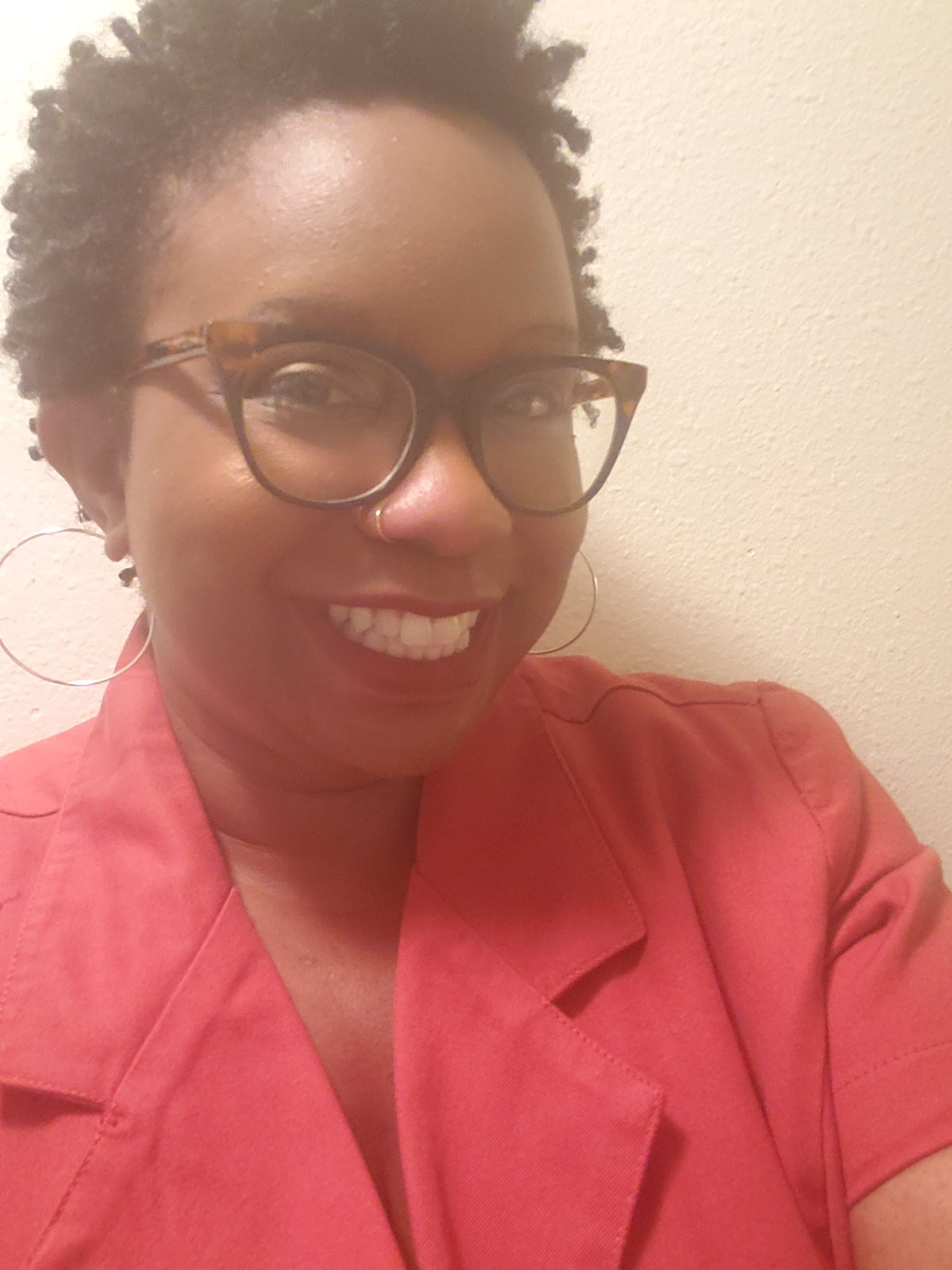 I’m grateful that I was part of this intentional, digital kinship. This year dragged me–professionally, emotionally, and somatically. With this fellowship, I was able to articulate and begin discussing how the pandemic–COVID and anti-Blackness–was arranged across various theories and modalities. I really enjoyed our podcast: The Sonic Renaissance and how I met various artists, activists, and scholars that devoured and adored creative nuances across sound studies.
I’m grateful that I was part of this intentional, digital kinship. This year dragged me–professionally, emotionally, and somatically. With this fellowship, I was able to articulate and begin discussing how the pandemic–COVID and anti-Blackness–was arranged across various theories and modalities. I really enjoyed our podcast: The Sonic Renaissance and how I met various artists, activists, and scholars that devoured and adored creative nuances across sound studies.
My favorite guests were Thomas Reid because of his abilities to articulate and reimagine disability technologies and Victor because their work is so enriching and dazzling with love and queer ancestral recall. My dream guests are Timbaland and Swizz Beatz because of their impact on digital (occasional in-person) storytelling and healing curation with the Versuz Battles. And my other dream guest includes Dr. Daphne Brooks because of her impact on Black feminist, sonic discourse.
I found the syllabus repository so helpful and relevant as I continue to reconsider new ways of pedagogy into another pandemic year. I really appreciated Jathan’s sincere understanding and encouragement throughout a year of tragedy and resign. It was wonderful to converse with other fellows and observe their imprint on the site and bond with my incredible co-host, D’Arcee Neal! I’m grateful for this experience and that a previous fellow recommended me for this opportunity.
Nupoor Ranade
 As a returning DRC fellow, I am thrilled to share that my experience with the new cohort was just as enjoyable and full of learning opportunities. In the first year I was able to learn the strings and be mentored by the DRC team, learn to collaborate, and build my network. This year I was able to put all those experiences to use and take more responsibilities and engage in more challenging work with the current cohort. This also means that I was able to work on projects that I could not in the first year.
As a returning DRC fellow, I am thrilled to share that my experience with the new cohort was just as enjoyable and full of learning opportunities. In the first year I was able to learn the strings and be mentored by the DRC team, learn to collaborate, and build my network. This year I was able to put all those experiences to use and take more responsibilities and engage in more challenging work with the current cohort. This also means that I was able to work on projects that I could not in the first year.
First, the DRC Syllabus Repository; the idea for this project was born during a brainstorming session among the 2019-2020 cohort. As the only returning fellow, I assumed the responsibility of leading this project to take it to fruition. Despite the pandemic conditions, the project gained a lot of attention and Sarah Hughes, Jianfen Chen and I published the first batch of syllabi which we believe will add tremendous value to the digital rhetoric field and help graduate students like us teach courses more creatively. The project that we initially envisioned to be just a collection of syllabi evolved into so much more – the information design, citational styles, and sustainability plans helped our team learn a lot.
Editing a blog carnival was a long dream for me as I wasn’t able to do one in the first year as a fellow. I got an opportunity to support Sarah Hughes to publish one on “The New Normal” just as I was starting to get ready to start my teaching position at George Mason University. To hear from the community on their reflections of pandemic teaching has made me more empathetic and considerate in my pedagogical practices.
I want to take this opportunity to sincerely thank the entire DRC team including the leaders Jathan, Naomi, Anne, Simone; current and previous fellows who are doing amazing work for the community; backend managers including Aaron Valdez who make the infrastructure run so seamlessly, and the audience of DRC who inspire graduate students like me to navigate the field. The projects have given me more than I was able to give back to the community – knowledge, experiences, skills, network, collaborative practices, and so much more. As I carry these memories and friendships with me, I will strive my best to keep the conversations and collaborations going to support the field as much as possible in the years to come.
Danielle Koepke
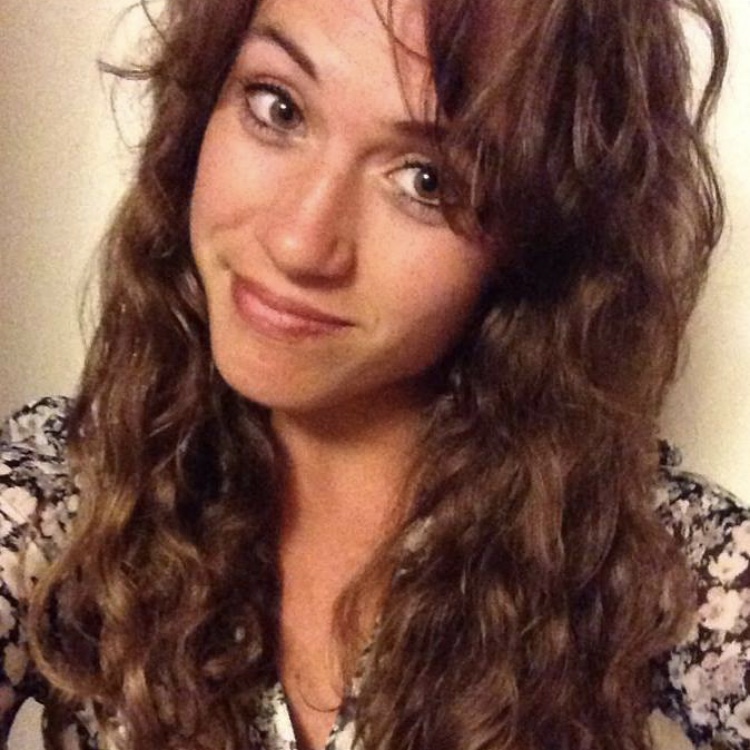 As I reflect on this past year – everything I’ve learned through this collaboration and everything I’ve experienced – I find what I pull out to share may differ slightly from the norm. While I am grateful for the chance to work on collaborative projects centered on digital rhetoric, I find the interactions with people on the team to be the most valuable and humbling. Over the course of this year (or, should we say, 18 months and counting) many of us have struggled, have faltered, have been pushed to the limit, and have ultimately failed. I know that I have. This global pandemic has caused harm, injury, and death. Somehow, we also made it through the turmoil of the election, the January insurrection, and the continued and increasing discord among our leaders, community members, and even friends and families. Amidst all this, I am deeply grateful for individuals within the DRC fellows as well as at my own institution for the care and empathy they have managed to show to me during these tumultuous times. I’ve learned how to work through and complete projects when wanting to quit, and I’ve also learned when to step back or step down to allow someone with more time, energy, and/or passion to step in. I am proud of what I’ve contributed, and I also recognize at other times in my graduate career, I may have been able to contribute more. Still, I’m holding on to the experiences of care and empathy that I’ve gained over the past year, hoping that I can offer it to others as we enter into another semester of unknowns. I wish the incoming fellows many intriguing learning experiences, not least of all to interweave care and empathy into their interactions with their peers.
As I reflect on this past year – everything I’ve learned through this collaboration and everything I’ve experienced – I find what I pull out to share may differ slightly from the norm. While I am grateful for the chance to work on collaborative projects centered on digital rhetoric, I find the interactions with people on the team to be the most valuable and humbling. Over the course of this year (or, should we say, 18 months and counting) many of us have struggled, have faltered, have been pushed to the limit, and have ultimately failed. I know that I have. This global pandemic has caused harm, injury, and death. Somehow, we also made it through the turmoil of the election, the January insurrection, and the continued and increasing discord among our leaders, community members, and even friends and families. Amidst all this, I am deeply grateful for individuals within the DRC fellows as well as at my own institution for the care and empathy they have managed to show to me during these tumultuous times. I’ve learned how to work through and complete projects when wanting to quit, and I’ve also learned when to step back or step down to allow someone with more time, energy, and/or passion to step in. I am proud of what I’ve contributed, and I also recognize at other times in my graduate career, I may have been able to contribute more. Still, I’m holding on to the experiences of care and empathy that I’ve gained over the past year, hoping that I can offer it to others as we enter into another semester of unknowns. I wish the incoming fellows many intriguing learning experiences, not least of all to interweave care and empathy into their interactions with their peers.
